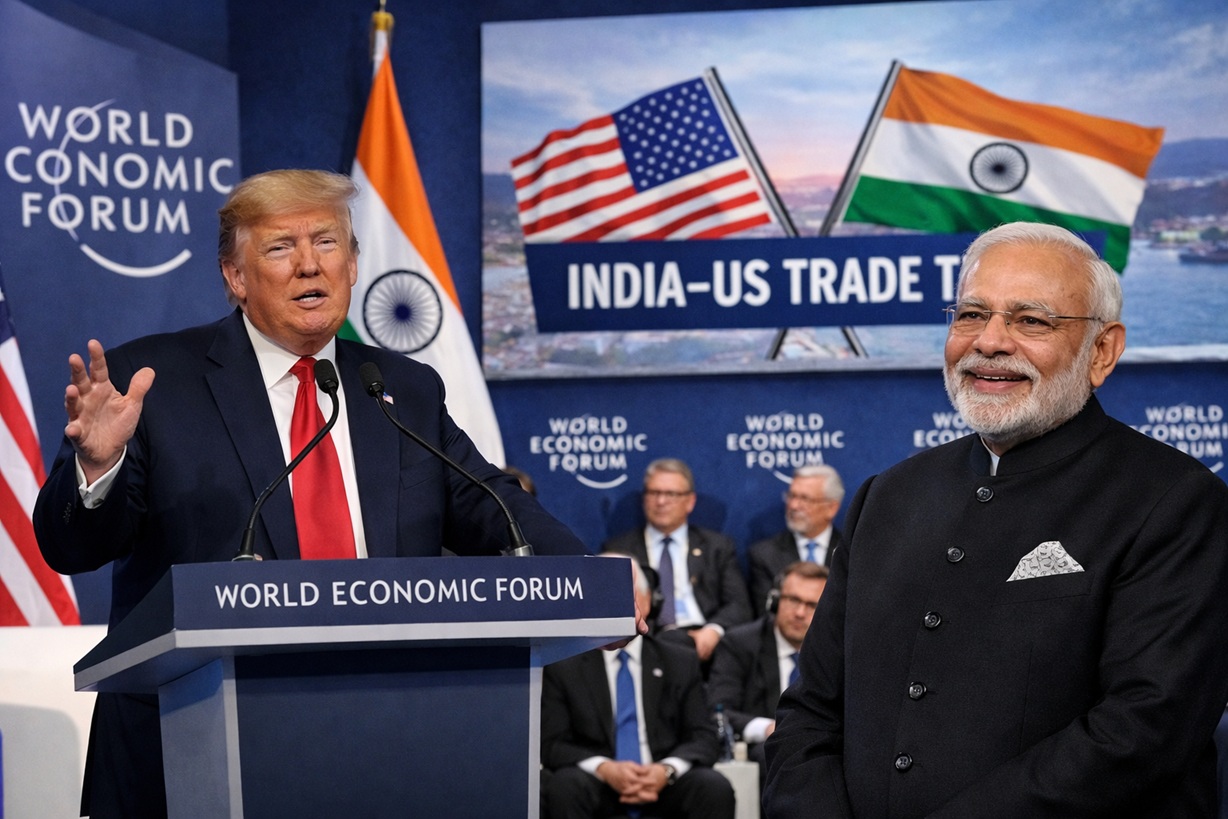Bangladesh is witnessing a period of heightened political instability, with increasing speculation about a possible military takeover. Recent developments, including an emergency meeting held by the country’s armed forces, suggest that a major shift in power could be imminent. The military, led by General Waker-Uz-Zaman, is reportedly considering the removal of interim government chief Muhammad Yunus and assuming direct control.
Military Movements and Deployment
In a significant move, the army has deployed a large number of personnel across major cities, including the capital, Dhaka. Security measures have intensified, with tanks positioned at key locations and stringent checkpoints established on major roads leading out of the city. Reports indicate that senior military officers have convened high-level discussions to assess the situation and plan their next steps.
Rising Public Dissent and Economic Crisis
The political turmoil comes amid growing public dissatisfaction with the interim government. Citizens have been protesting against economic hardships, skyrocketing inflation, and unfulfilled promises of reform. Business leaders, especially from the garment sector—one of the country’s largest industries—have voiced concerns over declining exports and economic mismanagement. The economic downturn has only fueled unrest, with students and workers taking to the streets demanding change.
Army’s Justification for Intervention
While no official statement has been released, sources suggest that the military is justifying its increased presence by citing potential security threats. The army has warned of possible terrorist activities and unrest, presenting its intervention as a necessary measure to restore order. However, many political analysts believe this could be a pretext for a power grab, given the history of military involvement in Bangladeshi politics.
Formation of a National Unity Government?
There are indications that the army is planning to establish a “national unity government” under its direct oversight. Such a move would allow the military to exert significant influence while maintaining a façade of civilian rule. This approach mirrors similar strategies used in other nations where the military has taken control without declaring an outright coup.
Regional and International Implications
The unfolding crisis has drawn the attention of international stakeholders. Neighbouring India, which shares deep political and economic ties with Bangladesh, is closely monitoring the situation. The United States and other Western powers are also concerned about potential instability in the region, particularly given Bangladesh’s strategic importance in South Asia.
China, a key economic partner, is likely to take a pragmatic approach, focusing on protecting its investments in the country. Meanwhile, international organizations, including the United Nations, may call for restraint and a return to democratic governance.
Uncertain Future: What Lies Ahead?
The coming days are crucial for Bangladesh’s political landscape. If the military proceeds with its plan to remove Yunus, it could lead to either a swift transition of power or prolonged unrest. The silence of political leaders, including Sheikh Hasina, who was previously in power, adds another layer of uncertainty to the unfolding situation.
As events develop, the question remains: will Bangladesh witness another period of military rule, or will a political compromise emerge? The country stands at a crossroads, with its democratic future hanging in the balance.





